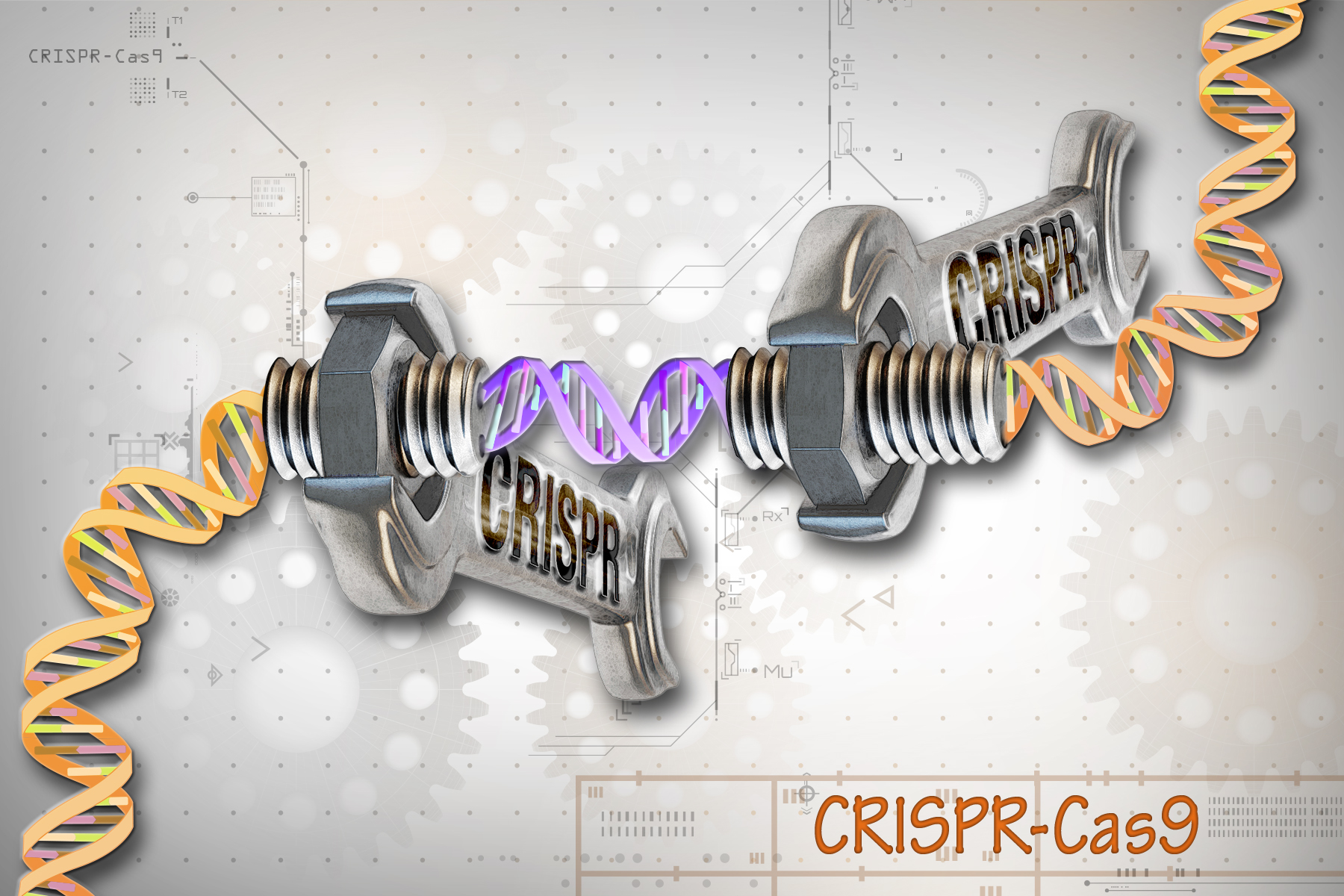CRISPR gene editing in human embryos wreaks chromosomal mayhem
By Heidi Ledford,
Nature
| 06. 25. 2020
Three studies showing large DNA deletions and reshuffling heighten safety concerns about heritable genome editing.
A suite of experiments that use the gene-editing tool CRISPR–Cas9 to modify human embryos have revealed how the process can make large, unwanted changes to the genome at or near the target site.
The studies were published this month on the preprint server bioRxiv, and have not yet been peer-reviewed1,2,3. But taken together, they give scientists a good look at what some say is an underappreciated risk of CRISPR–Cas9 editing. Previous experiments have revealed that the tool can make ‘off target’ gene mutations far from the target site, but the nearby changes identified in the latest studies can be missed by standard assessment methods.
“The on-target effects are more important and would be much more difficult to eliminate,” says Gaétan Burgio, a geneticist at the Australian National University in Canberra.
These safety concerns are likely to inform the ongoing debate over whether scientists should edit human embryos to prevent genetic diseases — a process that is controversial because it creates a permanent change to the genome that can be passed down for generations. “If...
Related Articles
By Diaa Hadid and Shweta Desai, NPR | 01.29.2026
MUMBRA, India — The afternoon sun shines on the woman in a commuter-town café, highlighting her almond-shaped eyes and pale skin, a look often sought after by couples who need an egg to have a baby.
"I have good eggs,"...
By George Janes, BioNews | 01.12.2026
A heart attack patient has become the first person to be treated in a clinical trial of an experimental gene therapy, which aims to strengthen blood vessels after coronary bypass surgery.
Coronary artery bypass surgery is performed to treat...
By Staff, ScienceDaily | 01.05.2026
Scientists at UNSW Sydney have developed a new form of CRISPR technology that could make gene therapy safer while also resolving a decades-long debate about how genes are switched off. The research shows that small chemical markers attached to DNA
...
Following a long-standing CGS tradition, we present a selection of our favorite Biopolitical Times posts of the past year.
In 2025, we published up to four posts every month, written by 12 authors (staff, consultants and allies), some in collaboration and one simply credited to CGS.
These titles are presented in chronological order, except for three In Memoriam notices, which follow. Many more posts that are worth your time can be found in the archive. Scroll down and “VIEW...




